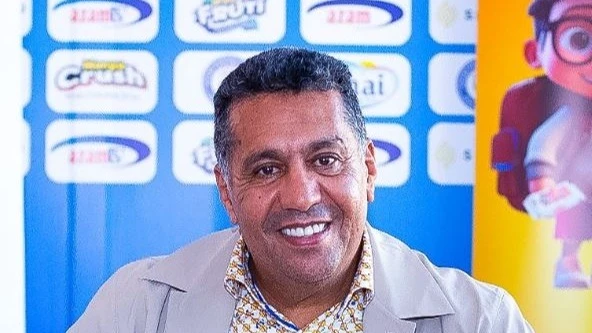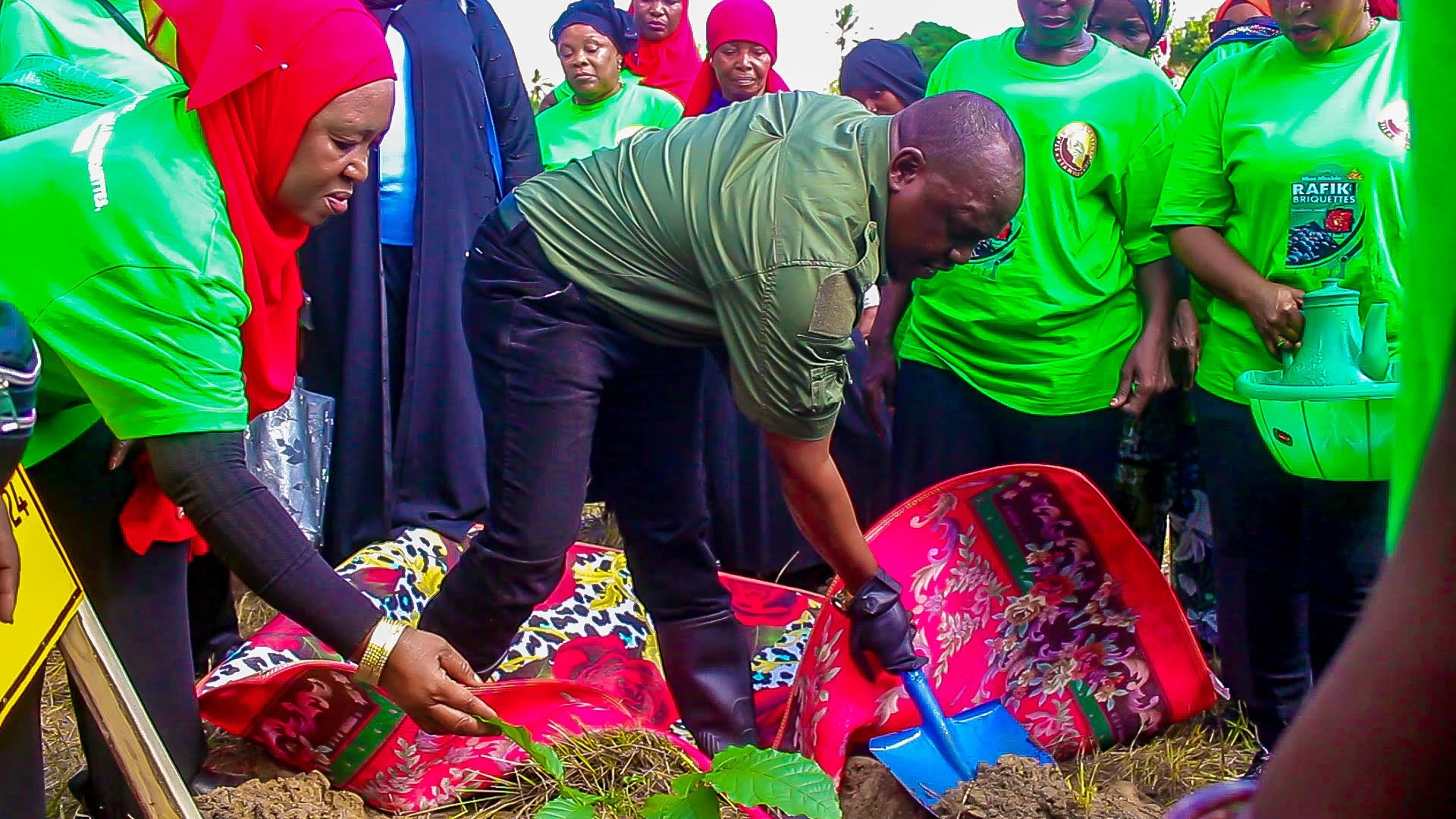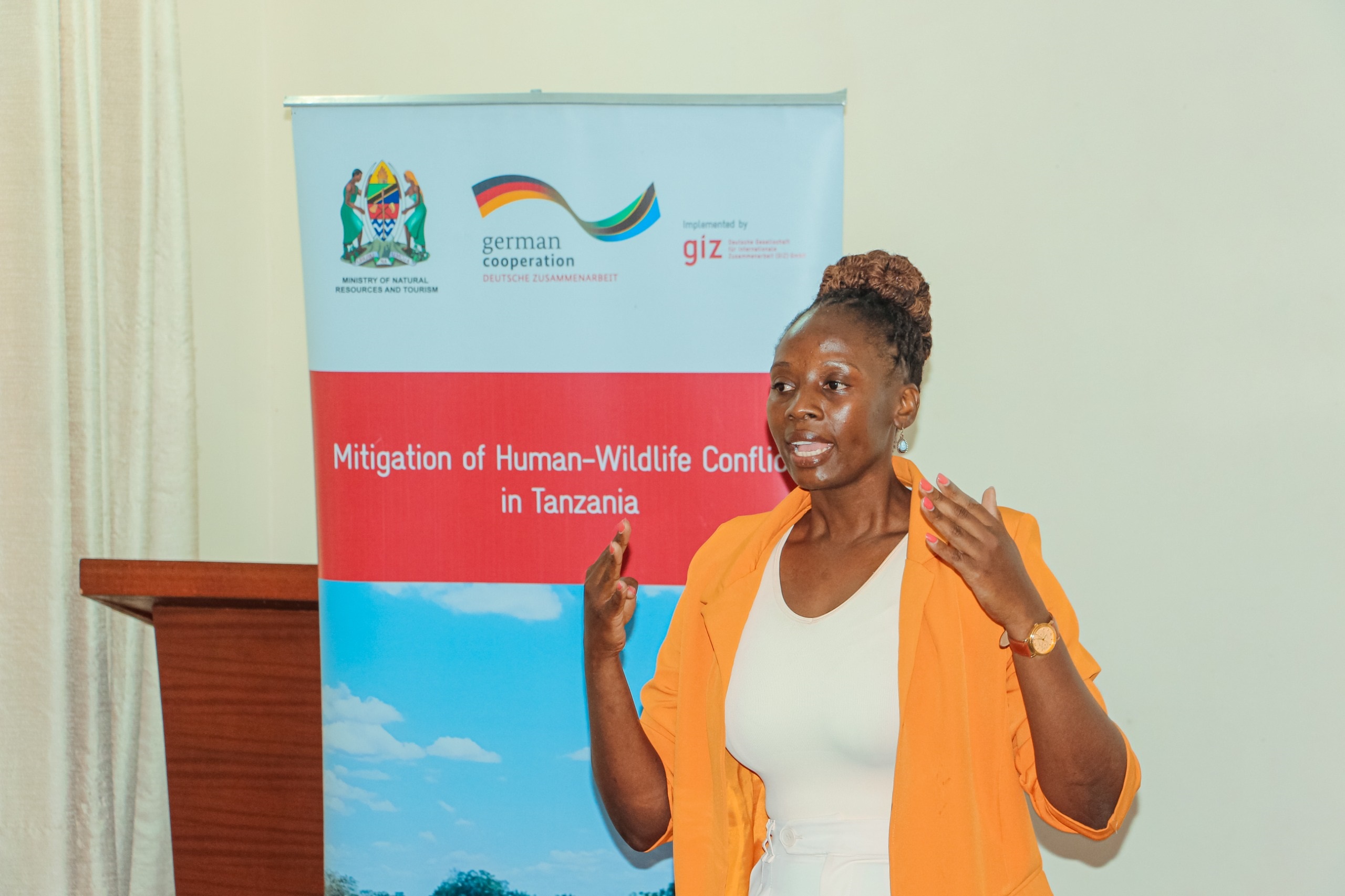Grooming children for academic achievement, lifelong success

EARLY childhood education, including pre-primary education, is globally considered as the foundation for life-long learning, child development and high standards of excellence. Various studies link what a child learns and achieves in early childhood to academic achievement and lifelong success.
Todd Twogood (1999), whose study focused on early childhood brain development, says “early care has a decisive, long lasting impact on how people develop, their ability to learn, and their capacity to regulate their own emotions.”
The author says the child care environment provides an incredible opportunity to positively impact child development. Their view is supported by Craig Ferla (2021), Country Director, Children in Crossfire Tanzania.
“There is compelling evidence to invest in early childhood development (ECD), particularly given education is one of the smartest investments a country can make because it gives back almost 13 per cent annually in economic productivity and human capital.”
That is why researchers in early childhood education recommend children’s early exposure to quality education, including inculcating in them knowledge society skills such as critical and innovative thinking, complex problem-solving, collaboration, socio-emotional skills as well as digital skills.
Daphina Libent-Mabagala (Open University of Tanzania) and Richard Shukia (University of Dar es Salaam), who engaged in their study 19 rural pre-primary teachers working in six wards in Mwanza and Morogoro regions in 2019, lay emphasis on quality early childhood education.
They suggest that “quality early stimulation and education experiences at this particular stage of life lays a strong foundation and creates lasting impacts not only immediately for the child and its parents, but also over time in terms of the child’s ability to contribute to the community.”
Moreover, they suggest, “opportunities forgone at this stage can rarely be made up at later stages of the child’s growth.” In line with their view, they cited studies conducted by Hyde (2006), Shonkoff (2009) and UNICEF (2013).
Some countries have started investing in quality early childhood education and have made it free and compulsory to all children so that no child is left behind. In other countries, including Tanzania (where pre-primary education is also free and compulsory), early childhood education is still inadequately funded and developed and hardly achieves intended outcomes.
Laurent Ndijuye and Ignasia Mligo (University of Dodoma) and Maregesi Machumu (Dar es Salaam University College of Education) in their article “Early childhood education in Tanzania: Views and beliefs of stakeholders on its status and development” published in 2020 acknowledge the importance of early childhood education, but they underline “it is not given the importance it deserves.”
Citing Garcia et al. (2008), Nsamenang (2008) and Young & Mustard (2008), they say “Tanzania is among the countries in sub-Saharan Africa (SSA) in which the quality of early childhood education (ECE) is very low due to under-resourcing and inadequate infrastructure.”
The authors, citing also Mtahabwa (2010), Zuze & Reddy (2016), Mligo (2015) and Mtahabwa (2007), say that the government and other educational stakeholders have not adequately prioritised ECE physical infrastructure, teaching and learning materials. Accordingly, they recommend doing something about it so that it achieves intended outcomes.
Associate Prof Michael Nagel (University of the Sunshine Coast) in a study he published in 2013 suggests what can help healthy brain development in children. He says this includes regular routines and consistency, opportunities to consolidate learning through repetition, hands-on interactions and activities, novel ways to learn through exploration and experimentation, exposure to rich, interactive language and, most importantly, positive, reliable and supportive relationships. Prof Nagel spoke of this from a 25-year experience in various forms of education on three continents. He researched and taught in some areas, especially human development and learning psychology.
What hinders quality pre-primary education is lack of qualified teachers in pre-primary education. Teachers may be trained in teaching, but not necessarily in pre-primary teaching and this is a big difference. Teachers trained in pre-primary education handle children differently from those trained in general teaching.
They integrate playful learning into their teaching practice. Paes and Eberhart (2019) in their paper titled “Developing life skills through play” suggest that “play contributes to the development of children’s academic outcomes as well as essential skills including collaboration, communication, confidence, content, creative innovation and creative thinking.” Creative thinking allows children to see situations from different perspectives, “thinking of alternate strategies to resolve a problem, and practicing thinking in different ways.”
Complaints about moral decadence are partly a result of poor education and upbringing children go through in their early childhood. If children are not trained to think intelligently and decide issues on the basis of the weight of evidence, obviously their scale of preferences will be limited and they will most probably choose things unintelligently. Children are supposed to be offered quality education and guided in life so that they broaden their horizons of their world view in terms of seeing things objectively and not merely subjectively due to poor education and upbringing.
Top Headlines
© 2024 IPPMEDIA.COM. ALL RIGHTS RESERVED

























